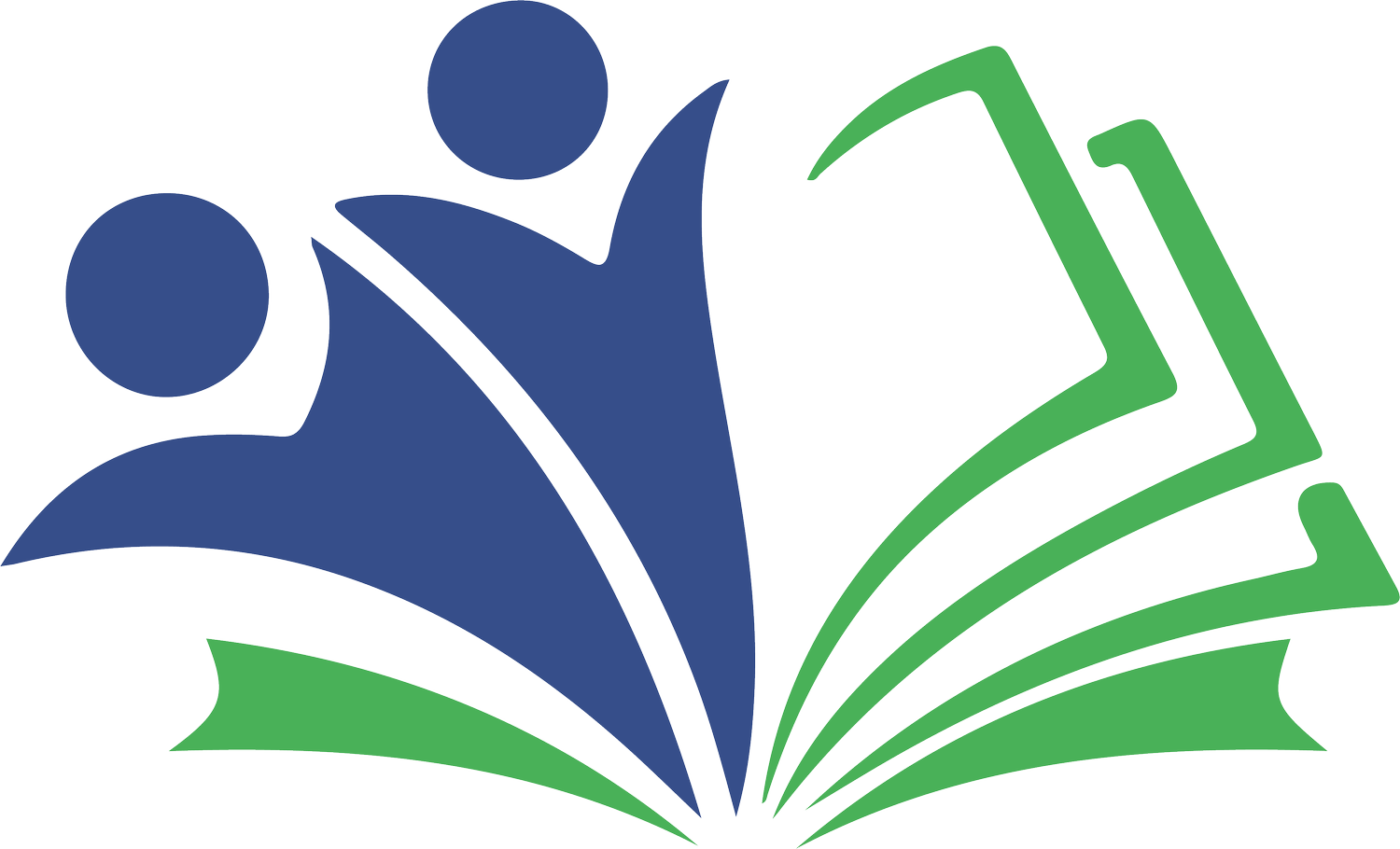Launching Pageturners: Reframing Reading for a Generation in Transition
In a world where attention is increasingly fragmented, and the act of sustained reading competes with constant digital stimulation, the Pageturners project sets out with a clear and ambitious mission: to reimagine what reading can be for young people, and to create lasting conditions for it to thrive.
Funded under the Erasmus+ programme, Pageturners is a multi-country partnership designed to address a challenge that educators across Europe know well—how to keep students engaged with meaningful texts when screens dominate their daily lives. But rather than treating technology as the enemy, Pageturners positions it as part of the solution. The project champions hybrid reading: a flexible, integrated approach that combines the depth and immersion of traditional books with the accessibility and adaptability of digital formats.
A Clear Set of Goals
At its core, Pageturners seeks to:
Strengthen reading motivation and concentration among young people aged 15–19.
Equip educators with modern, adaptable tools that work in both physical and digital classrooms.
Promote critical thinking, discussion, and collaborative learning through reading-based activities.
Build a sustainable network of schools and cultural institutions that continue to innovate in reading promotion long after the project ends.
What We’re Building
Over its lifespan, the project will design and deliver three major outputs:
An Open Educational Resource (OER) platform – A freely accessible, well-structured repository of activities, scenarios, and hybrid reading tools for both in-class and self-directed learning.
The Booklet of Good Practices – A curated, practical guide featuring tested, real-world strategies for improving reading engagement, designed for immediate use by teachers, librarians, and youth workers.
A Four-Module Training Course – Covering motivation, concentration, critical reading, and collaborative content creation, this course will train educators to use hybrid reading techniques effectively and sustainably.
How It Works
The methodology behind Pageturners is collaborative and iterative:
Research & Needs Assessment – Gathering insights on reading habits, preferences, and barriers from students and educators.
Design & Prototyping – Creating draft activities and tools based on the data.
Pilot Testing in Schools – Running workshops and classroom trials in partner institutions to see what works in real conditions.
Refinement & Scaling – Revising resources based on feedback, and publishing them for open use across Europe.
Who’s Involved
The project is powered by a partnership of schools, NGOs, and cultural organisations, each contributing unique expertise. Schools serve as living laboratories for new approaches, while partner organisations provide content development, pedagogical design, and dissemination capacity. This structure ensures that the outputs are not only pedagogically sound, but also adaptable to diverse educational contexts.
Why It Matters
The decline in sustained reading is not a niche problem—it impacts literacy, critical thinking, and the ability to engage with complex information in any field. By blending the strengths of analogue and digital, Pageturners offers a realistic, scalable model for bringing reading back into the centre of young people’s lives.
This is more than a campaign; it’s an investment in the skills and habits that underpin active citizenship, lifelong learning, and cultural participation.
Over the coming months, we will share updates from classrooms, insights from educators, and tools you can use to make reading a more vibrant, accessible part of everyday life. Whether you are a teacher, a student, a librarian, or simply someone who believes in the power of books, we invite you to turn the page with us.
